Nautilus Institute’s Policy Forum‘s focus is on the timely publication of expert analysis and op-ed style pieces on the foremost of security-related issues to Northeast Asia. Its mission is to facilitate a multilateral flow of information among an international network of policy-makers, analysts, scholars, media, and readers. Policy Forum essays are typically from a wide range of expertise, political orientations, as well as geographic regions and seeks to present readers with opinions and analysis by experts on the issues as well as alternative voices not typically presented or heard. Feedback, comments, responses from Policy Forum readers are highly encouraged.
Dynamic Dance, Steady Landscape: Getting ready to negotiate with North Korea

Roger Cavazos writes “China’s relationship is complex and richly interconnected with others in the region and the world.… The way China discusses the North Korea issue with many countries indicates that China may seek to change the international system at the margins, but has no interest in fundamentally changing the system. Nor does the U.S.”
Roger Cavazos is a Nautilus Institute Associate and retired US military intelligence officer.
Go to the articleRegional Nuclear Fuel Cycle and Energy Security Cooperation in Support of a Regional NWFZ
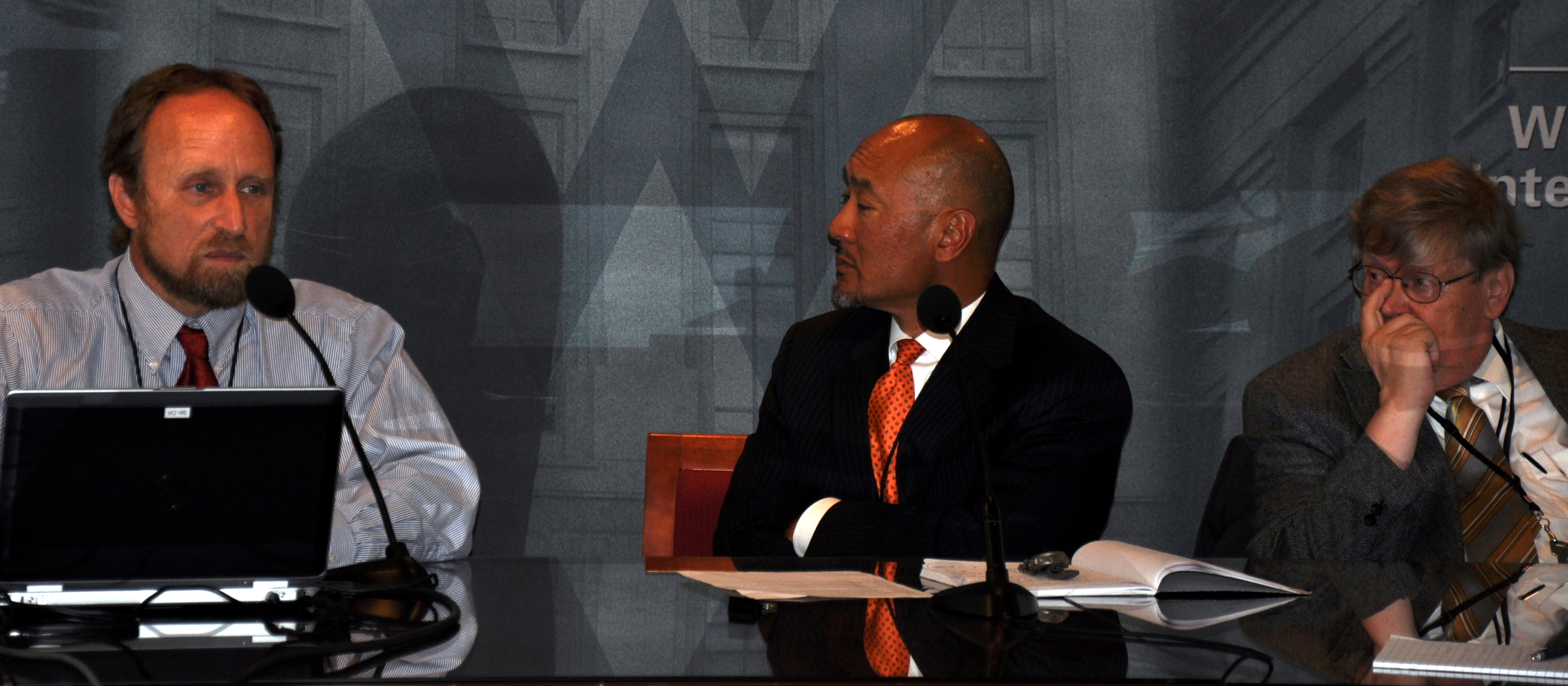
David von Hippel writes: “A regional approach to nuclear materials security could have positive spillover effects beyond a NWFZ. Creating and monitoring a regional nuclear materials regime could be a core function of a permanent council on security established as part of a comprehensive Treaty on Peace and Security in Northeast Asia.”
David von Hippel is a Nautilus Institute Associate.
This report was originally presented at the New Approach to Security in Northeast Asia: Breaking the Gridlock workshop.
Go to the articleTwo Australian wars, two prime ministers: Australia’s virtual Vietnam, and lessons for today
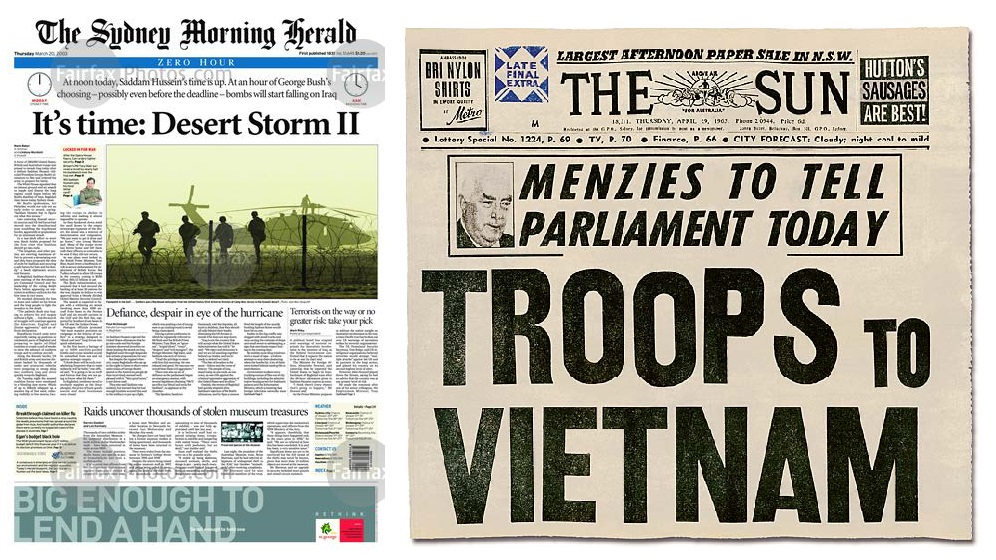
At the tenth anniversary of the decision to commit Australian troops to the Iraq war, Garry Woodard of Melbourne University reconstructs the previously unknown, and remarkably casual, process by which the Menzies government committed Australian troops to Vietnam. Woodard argues that the dismaying similarities between the Australian entries into these two wars strengthen the call for an Australian Iraq War inquiry, following those in the Netherlands and the United Kingdom, “in the hope that what is learnt from it will lead to improved procedures for decision-making, under which the government will have to level with the Parliament and the people.””
Garry Woodard is a former Australian ambassador and national president of the Australian Institute of International Affairs and has been a senior fellow at the University of Melbourne since 1986. He is currently working on the Campaign for an Iraq War Inquiry.
Go to the articleWhy is the Korean Peninsula Trapped in a Vicious Circle of Permanent Crisis?
Vorontsov writes: “Most media, while painting a vivid picture of North Korea’s militancy, does not help readers to understand why the conflict in Korea is escalating so dramatically. When they do try, they usually name Pyongyang as the instigator of all the troubles, stressing that it was North Korea’s third nuclear test that triggered the “nightmare”. Without any approval whatsoever of Pyongyang’s overreaction to the UNSC Resolution 2094 and its belligerent rhetoric and disproportionate moves, it is urgent to examine the real, underlying causes of what is commonly referred to as “the Korean problem”.”
Alexander Vorontsov is currently the head of the Department for Korean and Mongolian Studies at the Institute of Oriental Studies of the Russia Academy of Sciences and the MGIMO-University Oriental Studies Sub-faculty associate professor.
Go to the articleDPRK Nuclear Energy in the Context of a Proposed Peace Settlement
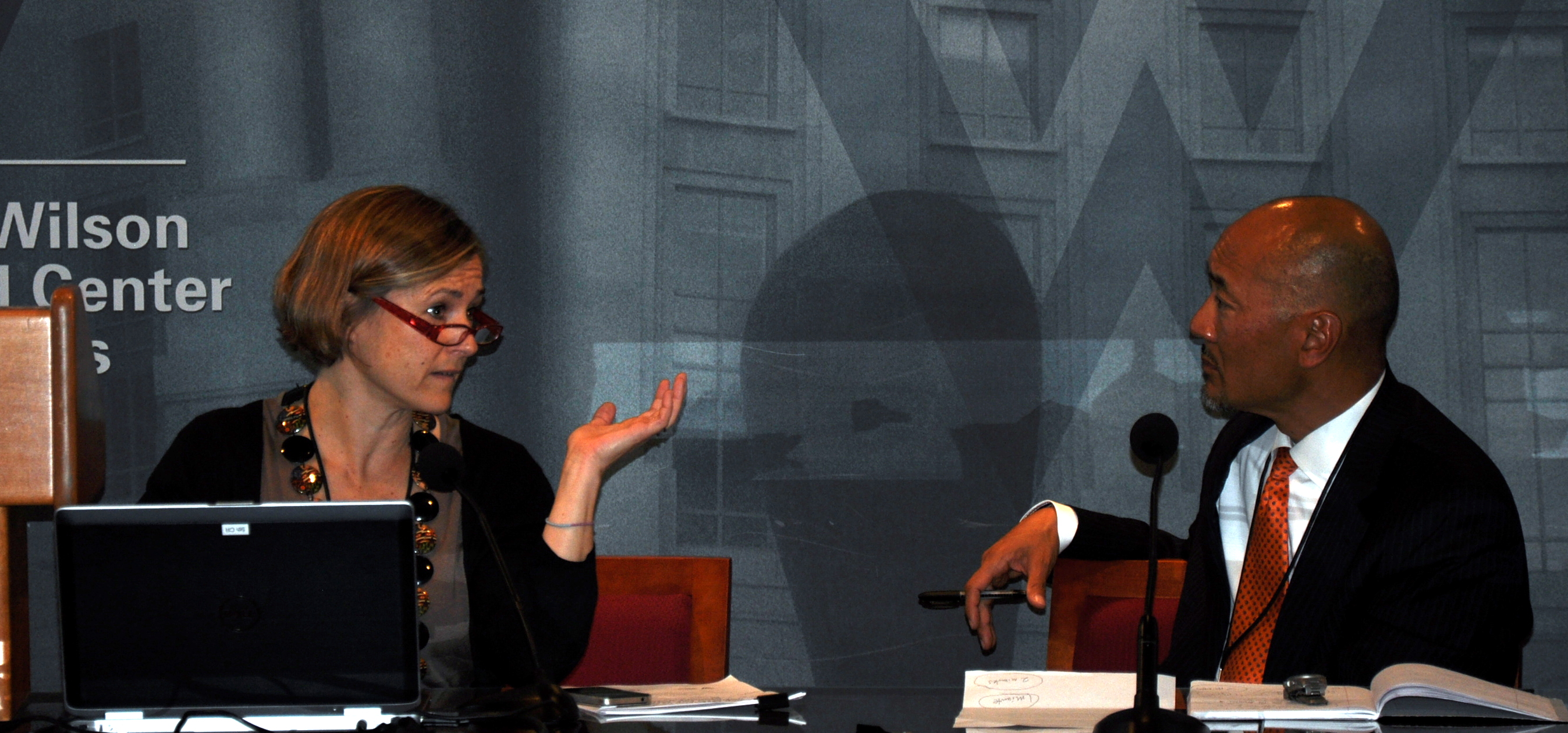
Squassoni writes: “This memorandum explores the contours of nuclear energy in the DPRK as part of a comprehensive peace settlement. It assumes: a) DPRK must rejoin NPT as a non-nuclear weapon state and must ratify the Additional Protocol; b) DPRK is likely to press for the right to nuclear power in any settlement; c) limitations may not be equally applied across all non-nuclear-weapon states (vice Halperin paper); and d) there are no guarantees against proliferation, even in a unified Korea.”
Sharon Squassoni is a Senior Fellow & Director of the Proliferation Prevention Program at the Center for Strategic & International Studies.
This report was originally presented at the New Approach to Security in Northeast Asia: Breaking the Gridlock workshop.
Go to the articleRattling the American Cage: North Korean Nuclear Threats and Escalation Potential

Peter Hayes and Roger Cavazos write: “We do not believe that North Korea intends to attack South Korea, pre-emptively or otherwise, in the current cycle of threat projection. However, miscalculation, accidents, or “wild cards” can all activate an unstoppable chain of events that lead to uncontrollable escalation…Talk is cheap, valuable, and entails no concessions. In the current charged environment, the only way to obtain badly needed information about North Korean intentions and therefore, the real level of threat, is to talk to them.”
Peter Hayes is director of Nautilus Institute and Professor of International Relations at RMIT University in Melbourne. Roger Cavazos is an Associate of Nautilus Institute and retired US military intelligence officer.
Go to the articleCarbo Cult

Nikhil Desai writes: “a new cult – No Carbo(n) promised that if only these people gave up their carbon emitting ways, they will prove their devotion to the new cult. Climate change will be averted and they will not have to migrate to the white people’s lands.”
Nikhil Desai is the Energy Security contributor for the NAPSNet Weekly report.
Go to the articleU.S-Japan Core Issues

Sheila Smith writes: “The proposal for A New Approach to Security in Northeast Asia: Breaking the Gridlock offers a fresh perspective on the diplomatic framework for negotiating peace and stability for Northeast Asia. This memo responds to this initiative from the perspective of Japanese security and the shared strategic goals of the U.S.-Japan alliance.”
Sheila A. Smith is a Senior Fellow for Japan Studies at the Council on Foreign Relations.
This report was originally presented at the New Approach to Security in Northeast Asia: Breaking the Gridlock workshop held on October 9th and 10th, 2012 in Washington, DC.
Go to the articleLearning Organisation Paradigm and Climate Adaptation
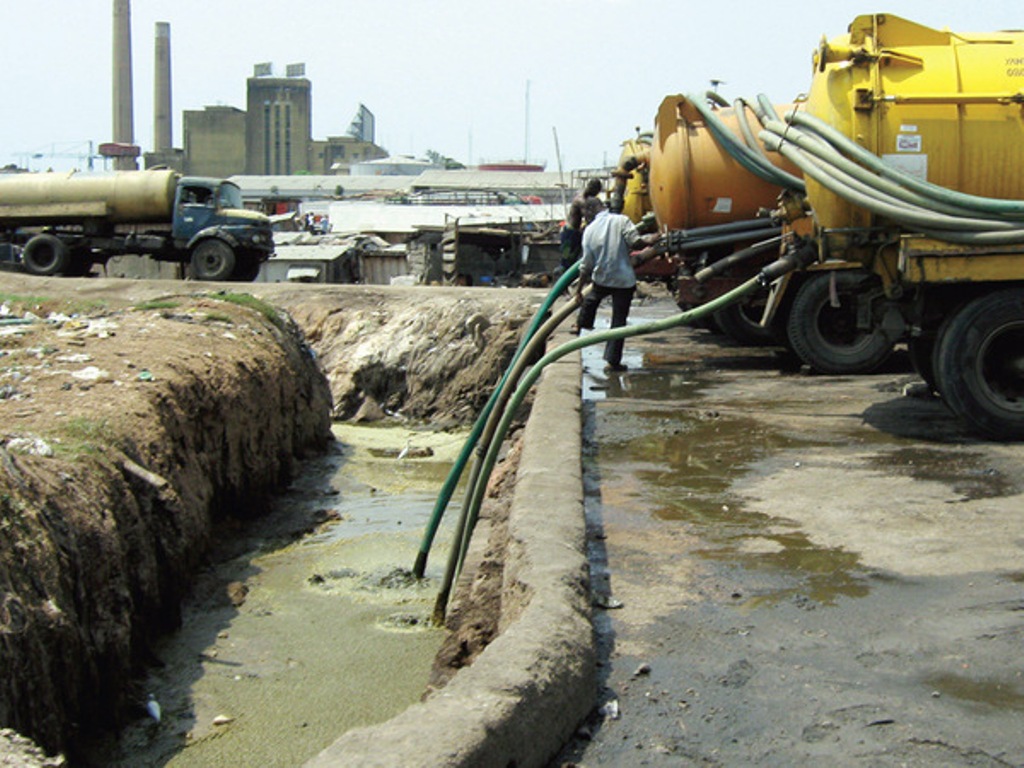
Saleem Janjua writes that “Adaptation to climate change is increasingly becoming a policy priority for government and private sector organizations across the globe, partly driven by a rationale that successful adaptation will reduce the consequences of climatic impacts that are unavoidable….However, grasping such an opportunity through policy intervention is a major challenge, particularly in the urban sector in developing countries.”
Saleem Janjua is the Climate Change Adaptation contributor for the NAPSNet Weekly report.
Go to the articleReplacing the Armistice With A Peace Treaty in Korea
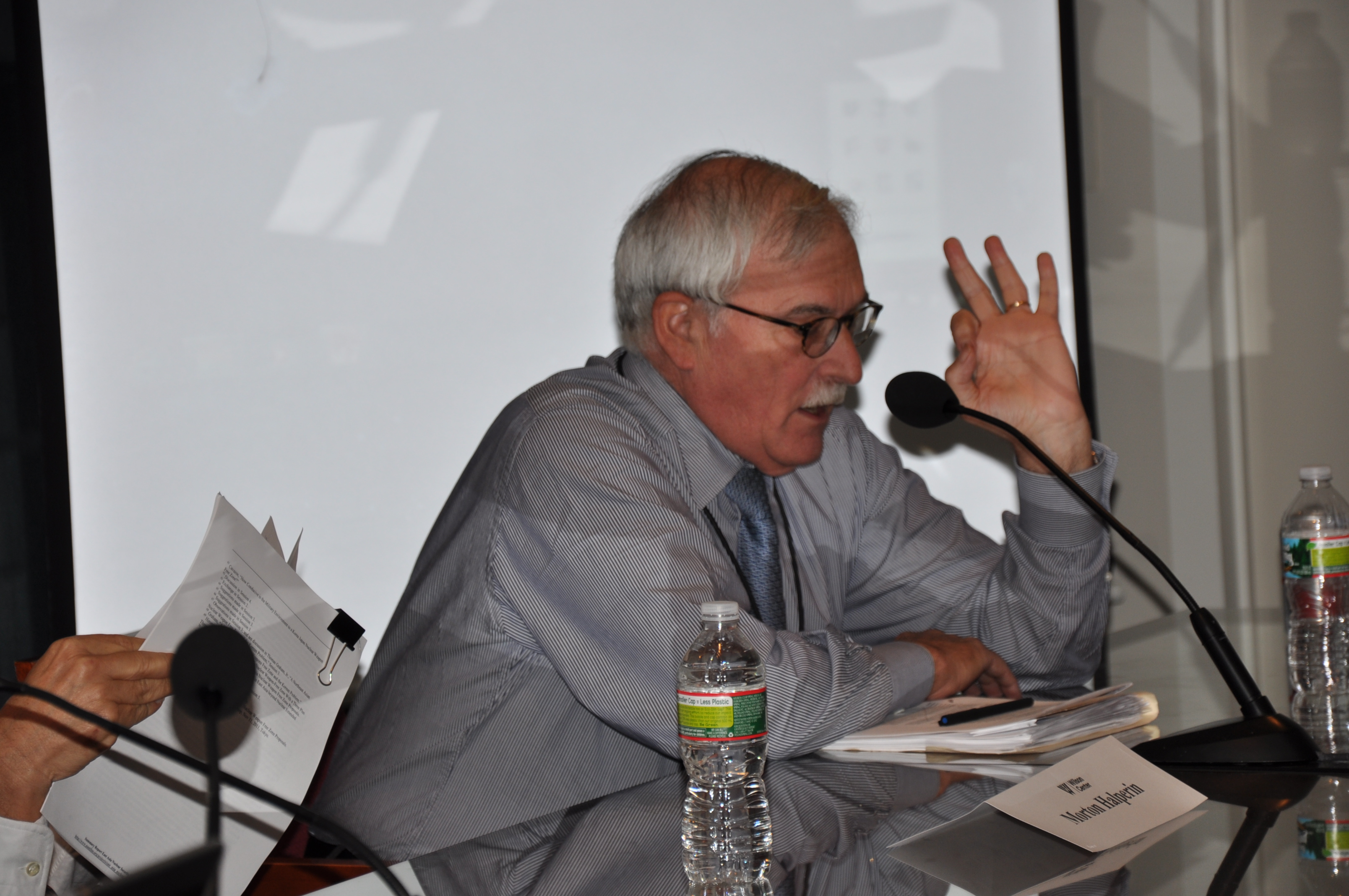
Leon V. Sigal: “Whether a peace treaty precedes or follows denuclearization, it is inconceivable that Pyongyang would curb its nuclear and missile programs, never mind give up its nuclear arms and missiles, without a peace process. As long as the United States and South Korea remain its foes, it will feel threatened and want a stronger “deterrent” to counter that threat.”
Leon V. Sigal is director of the Northeast Asia Cooperative Security Project at the Social Science Research Council in New York.
This report was originally presented at the New Approach to Security in Northeast Asia: Breaking the Gridlock workshop held on October 9th and 10th, 2012 in Washington, DC.
Go to the article
